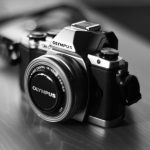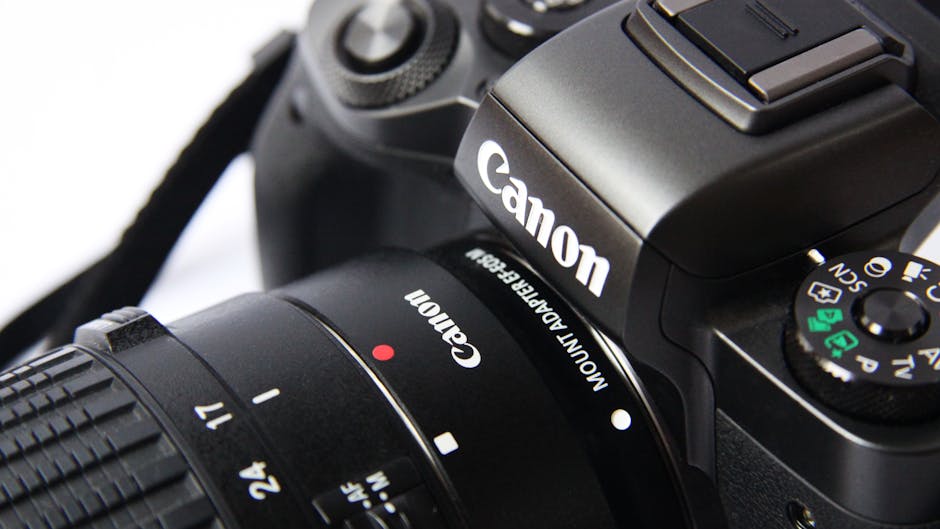In the realm of photography, digital cameras have revolutionized the way we capture and preserve memories. My journey with digital cameras began as a novice, eager to explore the endless possibilities they offered. Over the years, I've witnessed the remarkable evolution of digital camera technology firsthand, from compact point-and-shoots to sophisticated full-frame DSLRs and mirrorless cameras.
**Understanding Digital Cameras: A Layman's Guide**
Digital cameras, unlike their analog counterparts, utilize an electronic sensor to capture light and convert it into digital data. This data is then processed and stored as an image file. The resolution of the sensor, measured in megapixels, plays a crucial role in determining the image quality and level of detail. Other important features to consider include the lens quality, aperture range, and image stabilization capabilities.
**Types of Digital Cameras**
The digital camera market offers a wide range of options to cater to diverse needs and skill levels.
* **Compact Cameras:** Small, lightweight, and easy to use, compact cameras are ideal for beginners and casual photographers. They typically have a fixed lens and limited manual controls.
* **Bridge Cameras:** Also known as superzoom cameras, bridge cameras bridge the gap between compact cameras and DSLRs. They offer a larger sensor and more advanced features, including interchangeable lenses.
* **DSLRs (Digital Single Lens Reflex):** DSLRs are professional-grade cameras known for their large sensors, interchangeable lenses, and extensive manual controls. They provide unparalleled image quality and versatility.
* **Mirrorless Cameras:** Mirrorless cameras combine the image quality of DSLRs with the compact size and convenience of compact cameras. They utilize an electronic viewfinder instead of a mirror, enabling them to be lighter and more portable.
**Choosing the Right Digital Camera**
Selecting the right digital camera depends on your specific requirements and budget. Consider the following factors:
* **Purpose:** Determine what you intend to use the camera for, whether it's casual photography, professional work, or travel.
* **Budget:** Set a realistic budget that aligns with your needs and the features you require.
* **Features:** Decide which features are essential for your photography style, such as advanced manual controls, lens interchangeability, or image stabilization.
* **Size and Weight:** Consider the size and weight of the camera, especially if you plan on carrying it around frequently.
**Personalizing Your Digital Camera**
Once you've chosen your digital camera, you can further enhance your photography experience by customizing it to suit your preferences.
* **Lens Selection:** Explore the vast array of lenses available for your camera and experiment with different focal lengths and apertures.
* **Accessory Compatibility:** Consider adding accessories such as tripods, external flashes, and remote triggers to expand your creative possibilities.
* **Software Mastery:** Utilize image editing software to fine-tune your photographs and unleash your artistic vision.
**Conclusion**
Digital cameras have transformed photography, offering unparalleled versatility, image quality, and creative control. Whether you're a beginner or a seasoned professional, there's a digital camera that can meet your needs and help you capture the world through your lens.

